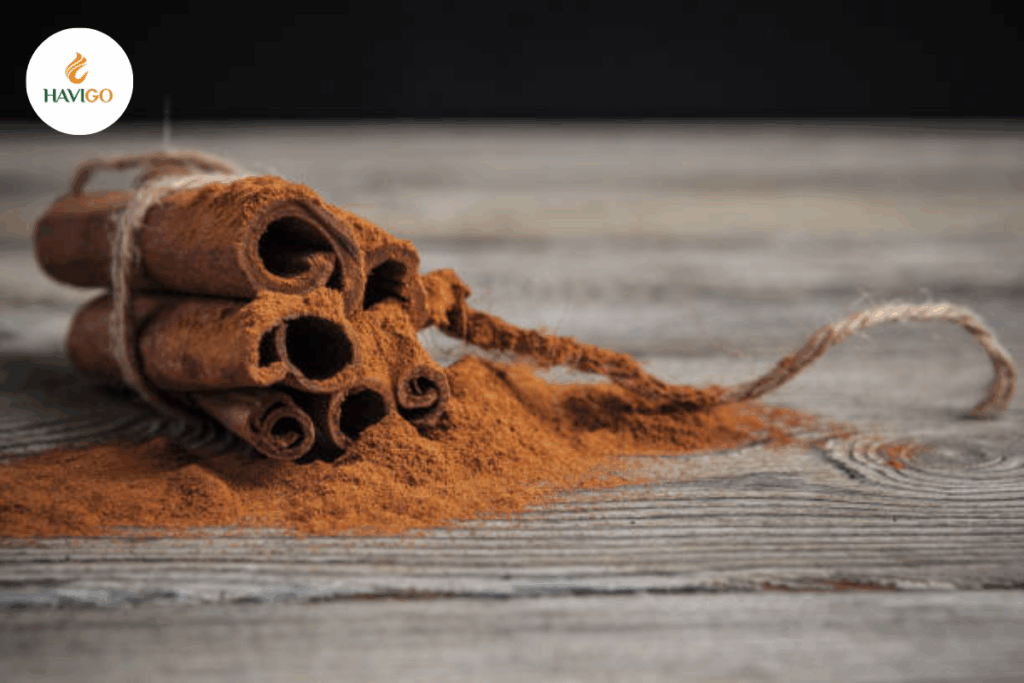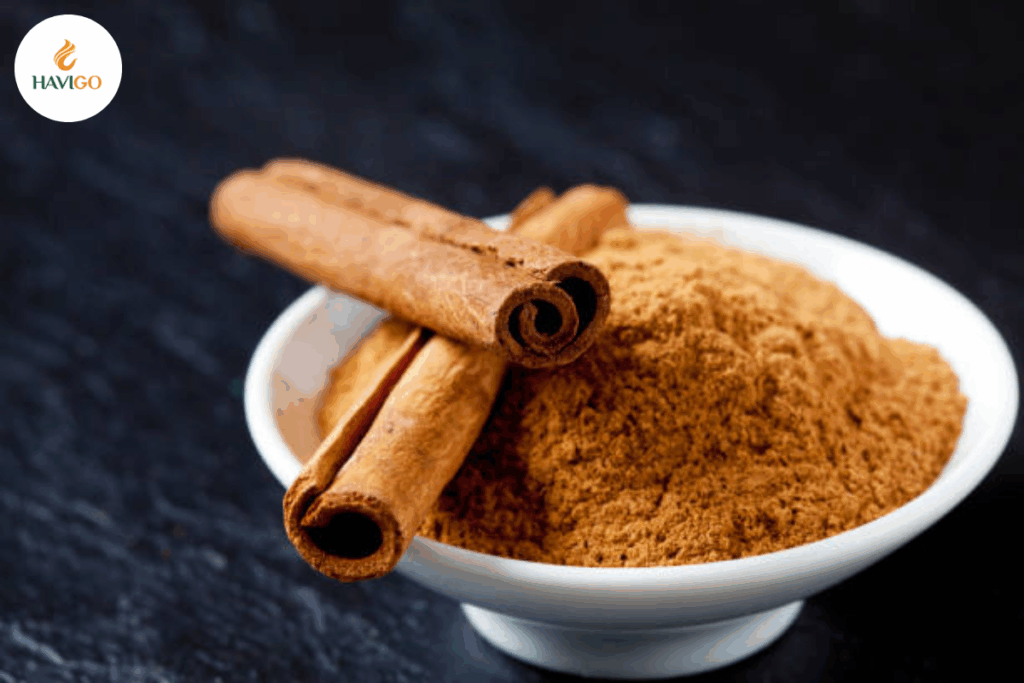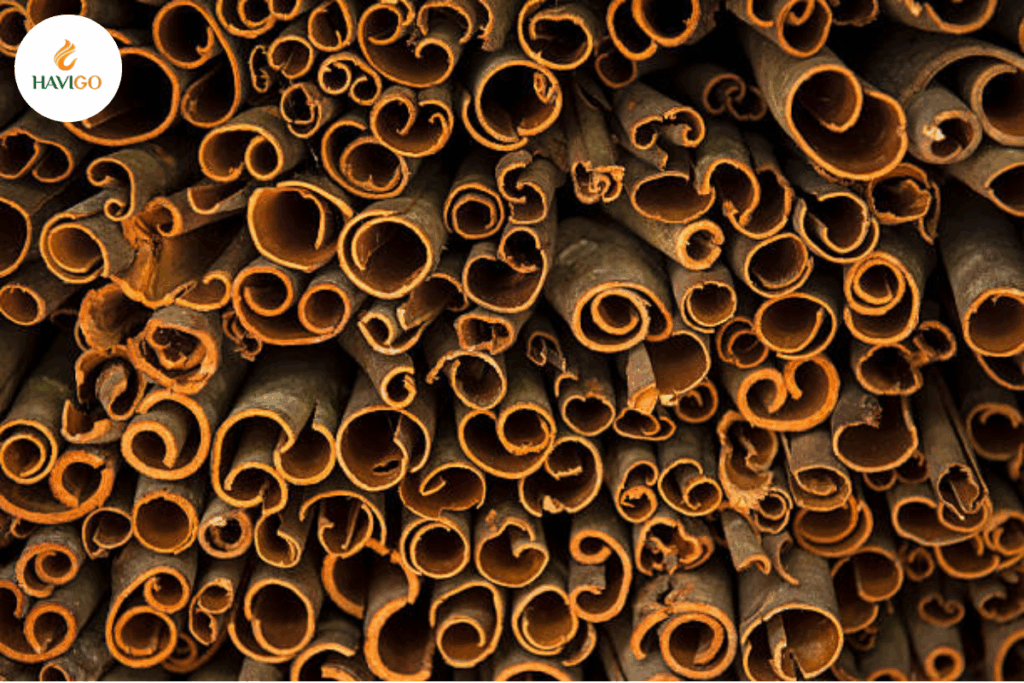Use of Cassia: A spice of culture, health, and global trade
Cassia in Indian Spiritual and Cultural Life
Cassia plays a key role in Indian traditions. It’s burned in temples and used in rituals to attract prosperity. Hindu ceremonies frequently include cassia as part of sacred offerings. Moreover, its soothing aroma cleanses the air, and many homes in India use cassia incense daily during prayers and meditation.

Flavorful Indian cooking

Indian cuisine thrives on bold spices. From biryani to chai, its flavor profile owes much to this warm, aromatic bark. Cooks often use it whole in curries or grind it for spice blends.
In North India, chefs combine it with cloves and black cardamom. Meanwhile, South Indian dishes like sambar and tamarind gravies benefit from its rich depth. Even sweets such as halwa and kheer carry a subtle warmth because of it.
Healing benefits in Ayurveda
Ayurvedic medicine prefer for its warming and digestive properties. It stimulates blood flow and relieves bloating; in addition, it also supports immunity and fights infections. People often brew it into herbal teas. A mix of cassia, ginger, and honey soothes colds. Healers apply cassia oil to ease body pain and inflammation. Above all, it’s a natural and affordable remedy used across generations.
Vietnam: A rising cassia export power
While India uses it daily, Vietnam, on the other hand, grows and exports cassia globally. Specifically, provinces like Yen Bai lead the cultivation with sustainable farming practices. Additionally, Vietnamese cassia is rich in oil and offers an intense aroma. As a result, it suits food, health, and wellness markets abroad. Vietnam, in particular, supplies major buyers in the US, EU, and Middle East. Furthermore, as global demand continues to rise, the country steadily expands its export footprint.
India–Vietnam spice trade collaboration
India often imports Vietnamese cassia to meet growing spice demands, next, companies blend it into sauces, snacks, and ready-to-eat meals. Moreover, Vietnam’s consistency and bulk supply support India’s large-scale spice businesses. This trade strengthens ties between the two nations.
Health advantages
- Helps control blood sugar
- Fights inflammation
- Supports digestion
- Boosts circulation
- Acts as a natural antimicrobial
Still, moderation is crucial. Cassia contains coumarin, which can affect the liver in high doses. So, enjoy it responsibly.
Cassia in modern Indian homes
This spice remains a staple in modern Indian homes. During winter, many families enjoy warming herbal teas made with it. It’s also popular in detox drinks, breakfast bowls, and everyday spice mixes. Beyond the kitchen, its essential oil is valued for skincare and soothing massages.

Tips to use cassia effectively
- Add whole sticks early in cooking
- Remove before serving
- Toast lightly for extra aroma
- Combine with star anise or black pepper
These tips enhance it natural strength without overpowering your dishes.
Stay Connected with Havigo Vietnam
Havigo Company Limited is active in the agricultural export sector, and we aim to bring high-quality Vietnamese agricultural products, including spices, rice, beans, and fruits, to the global market. We supply you with high-quality products at competitive prices. If you are interested in importing Cassia from Vietnam, please contact us via WhatsApp: +84 886970996 for excellent support.
We are confident in our ability to consistently deliver in a way that meets the highest quality standards while offering competitive pricing within the market.
For more information about our products, please visit our LinkedIn
